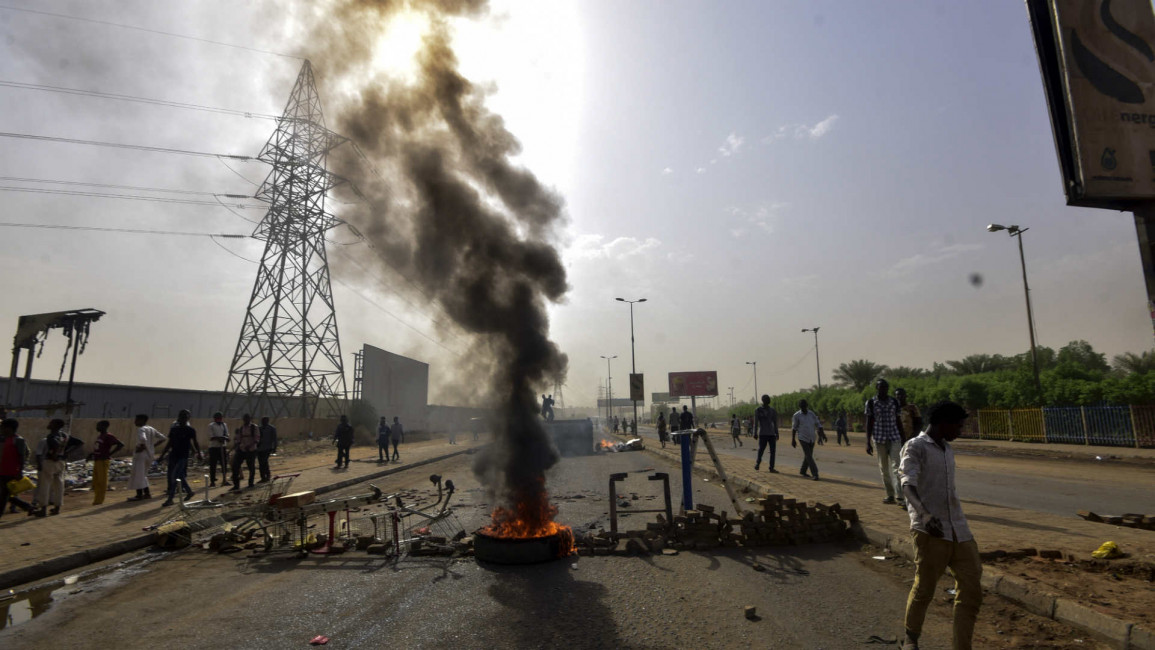Sudan generals call for joint AU, Ethiopia civilian transition plan
The generals, who seized power after ousting president Omar Bashir in April, expressed reservations about an Ethiopian proposal that, according to protest leaders, calls for a civilian-majority ruling body.
Ethiopia and the African Union have stepped up diplomatic efforts to resolve the crisis in Sudan which has been wracked by tensions between the protest leaders and generals.
The crisis was exacerbated by the June 3 bloody dispersal of a long-running protest camp outside the army headquarters in Khartoum.
Sunday's call by the ruling generals comes after the mediators met with the military council's chief General Abdel Fattah al-Burhan on Sunday.
"He (Burhan) underlined that the mediators' efforts should focus on preparing a joint proposal," the council's spokesman General Shamseddine Kabbashi told a news conference.
He also criticised the Ethiopian mediator for the delays and for presenting a proposal "different" to the AU's.
Twitter Post
|
On Saturday, leaders of the umbrella protest movement the Alliance for Freedom and Change said they accepted the creation of a civilian-majority governing body for a political transition in Sudan as proposed by Addis Ababa.
The Ethiopian compromise blueprint suggests the creation of a 15-member governing body, including eight civilians and seven members of the military, they said.
The bloody June 3 breakup of the rally came after protest leaders and the generals failed at previous talks to agree on the composition of a new ruling body and who should lead it -- a civilian or soldier.
At least 128 people have been killed in the crackdown, the majority of them on that day, doctors linked to the protest movement say.
The health ministry put the June 3 death toll at 61 nationwide.
The generals deny they ordered the army HQ protest be broken up, insisting they authorised only a limited operation to clear drug dealers from around the camp.
They expressed "regret" over the "excesses" that happened on June 3.


![President Pezeshkian has denounced Israel's attacks on Lebanon [Getty]](/sites/default/files/styles/image_684x385/public/2173482924.jpeg?h=a5f2f23a&itok=q3evVtko)



 Follow the Middle East's top stories in English at The New Arab on Google News
Follow the Middle East's top stories in English at The New Arab on Google News


